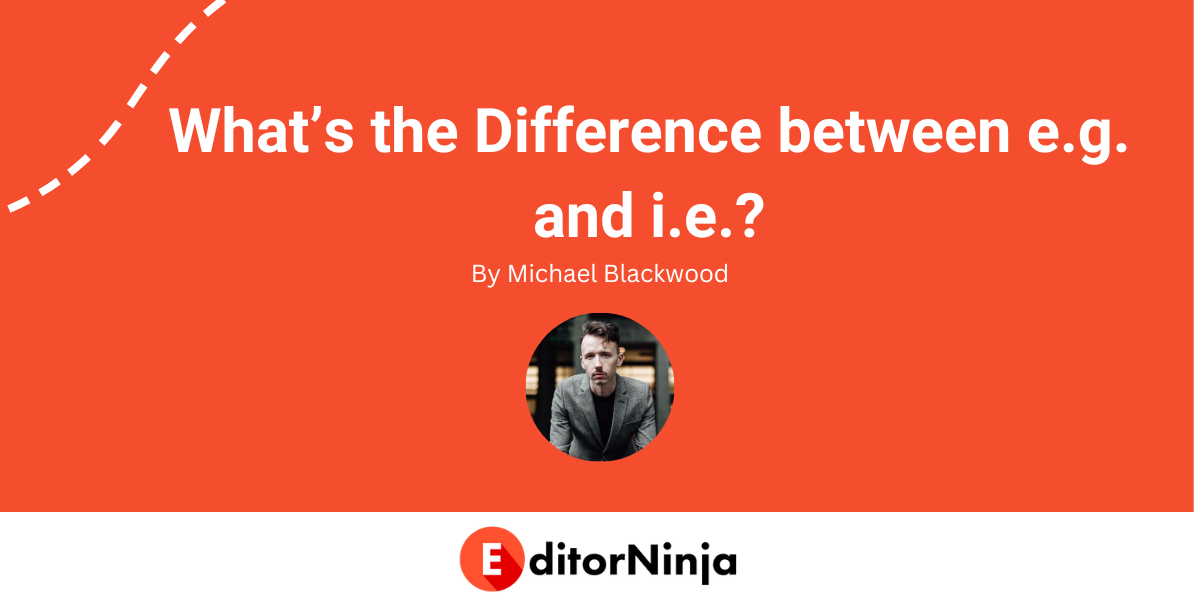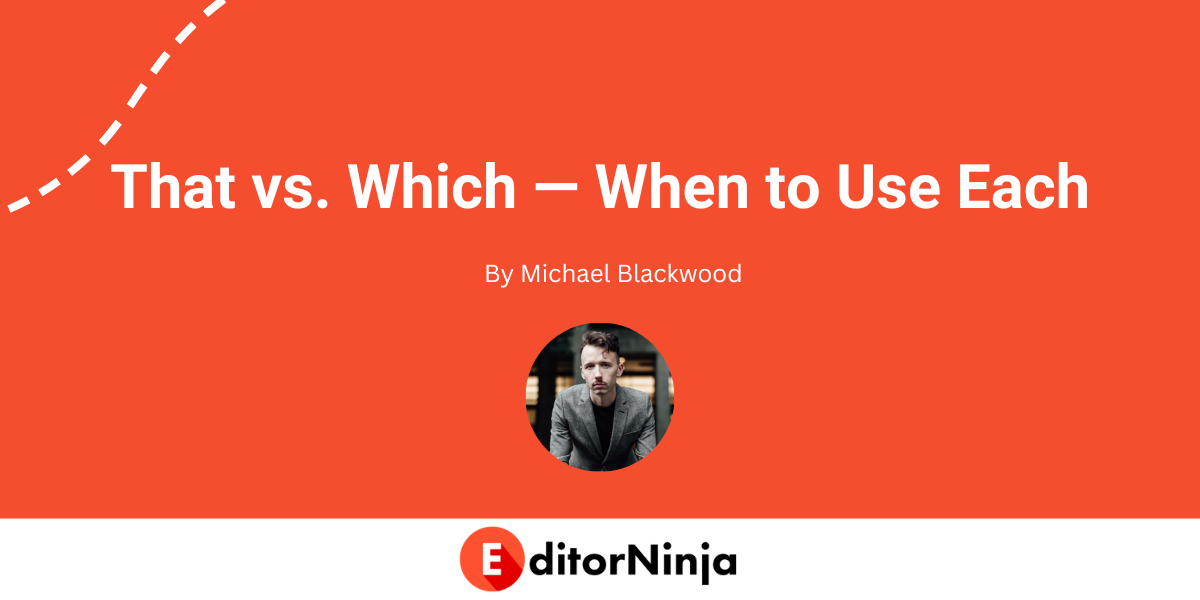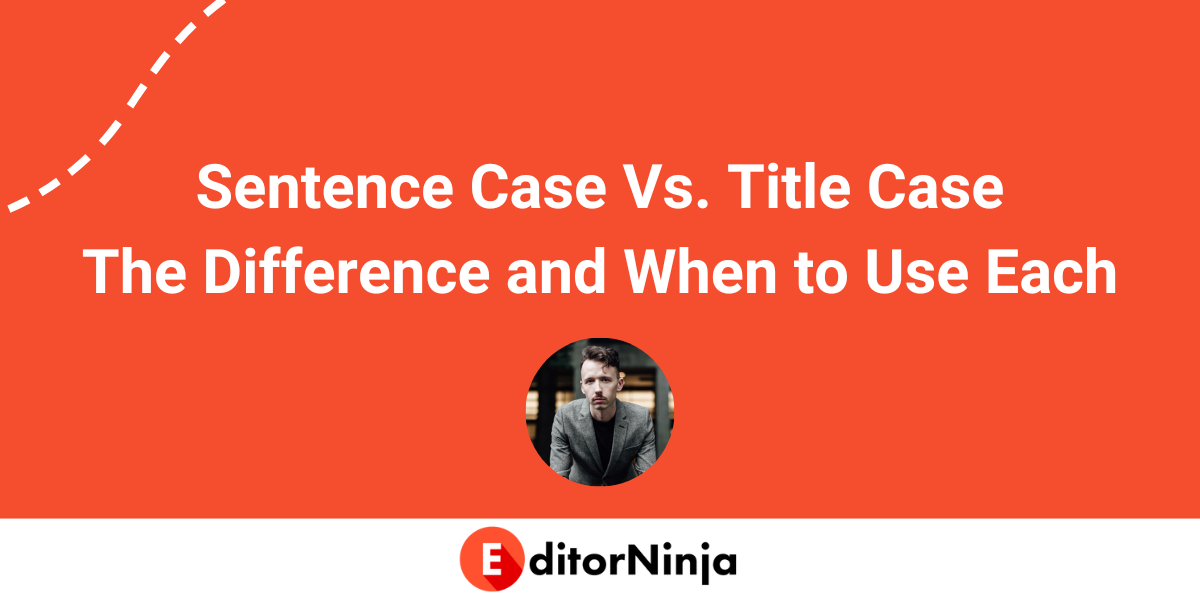Then vs. Than: The Difference and When to Use Each
“Then” and “than” – these two little words can cause big headaches for even the most seasoned writers. They sound alike, and you may think they’re interchangeable. They are not! “Then” explains a relationship to time, while “than” is used for making comparisons. They are among some of the most commonly confused words. But don’t […]...




















